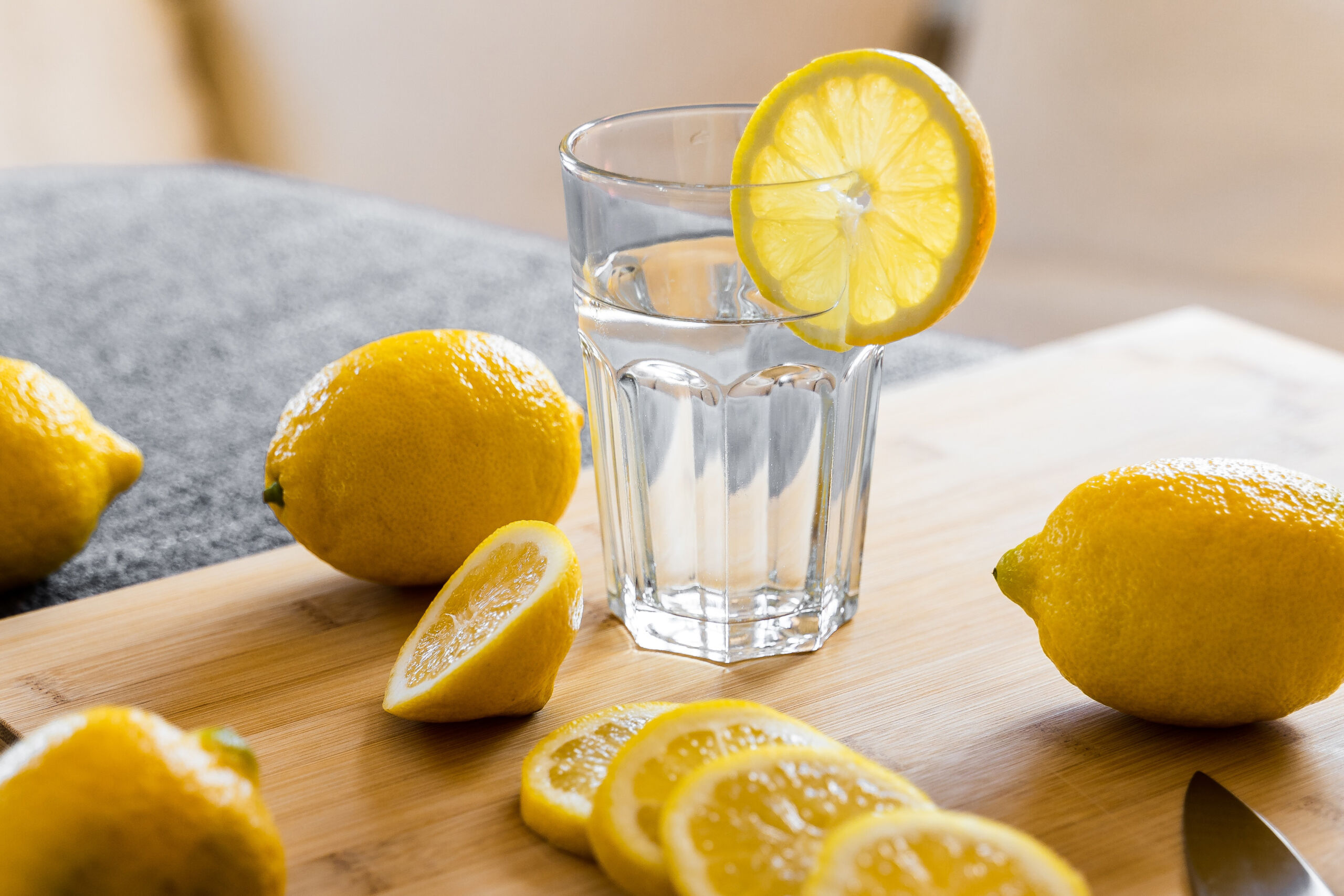What more can you do to stay healthy? Dr. Sita Kedia and Dr. Lauren Munsch Dal Farra recommend the following:
- Wash your hands.
Wash your hands often with soap and warm water for at least 20 seconds. Use hand sanitizer with at least 60% alcohol. Avoid touching your eyes, nose, and mouth with unwashed hands. - Wear a face mask.
Wear a face mask in public areas. Cover your cough or sneeze with a tissue, then throw the tissue in the trash. If a tissue is not available, cough or sneeze into your arm and do not use your hand. - Practice social distancing.
Maintain a distance of at least six feet from other individuals and use curbside pickup or delivery services when available. - Minimize physical contact.
Bump elbows or feet as your greeting, or simply wave. Avoid hugging and handshaking. - Sanitize your surroundings.
Clean and disinfect frequently touched objects and surfaces. A regular household cleaning spray or wipe is sufficient. - Stay home.
Stay home if you have cold or flu-like symptoms. Avoid contact with sick individuals if you are healthy. Take part in virtual services and events when available and work from home if possible. - Boost your immunity.
Support your immune system by eating well, hydrating, getting adequate sleep, reducing stress, and protecting your mental health.- Eat well. Consume 7-10 servings of fresh fruits and vegetables daily for a range of vitamins and antioxidants. Root vegetables, legumes, and high fiber grains such as quinoa, steel cut oats, and barley help keep gut bacteria healthy and are great sources of vitamins A, B6, and E, as well as minerals such as selenium, zinc, and folic acid.
- Hydrate. Drink at least half your body weight in ounces, or 2-3 liters, of water each day.
- Sleep. Sleep is when your body recovers, and it helps build your physical and psychological resilience. Magnesium supplements, sleep consults, and regular cryosauna sessions have been shown to improve the quality and quantity of sleep.
- Reduce stress. After a stressful event, your immune system function decreases for 6-24 hours. A well-being coach or mental health counselor can help you understand what you can be doing to reduce and manage your stress. Getting massages, exercising, creating art, and practicing cardiac coherence breathing are also great outlets for stress. Also, studies suggest that acupuncture, infrared mats or saunas, and PEMF Mats help relax and improve the circulatory and detoxification systems of the body.
- Maintain healthy nutrition. Some studies suggest that supplementation with vitamin D, vitamin C, and zinc can reduce the severity and duration of common colds. Also, micronutrients and plant-based botanicals through oral or IV nutrition may be able to support your immune function. Regular supplement use is best discussed with your medical provider, who can make personalized recommendations.
- Protect your mental health. Stay connected to family members and friends to maintain your emotional support system. Accept what cannot be changed, and manage what you can still control. Stick to the facts: seek verified news sources and share factual information with others to mitigate rumors. Maintain perspective that the virus will likely cause mild to moderate symptoms in most people. Cultivate courage to move through uncertainty one day at a time by engaging in practices that fortify your sense of strength and capability in the face of challenge.








